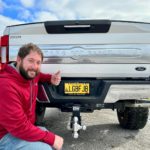Jesseca Collins was diagnosed with thyroid cancer on her 30th birthday on New Year’s Eve 2012. She had her first surgery a few months later.
“I went from this intense athlete to gaining 40 pounds and crawling around my room, crying when I had to put clothes on. I was so tired. The doctors told me I just had to accept my new normal … and I thought, well, I’m not really OK with that,” she says.
Michelle Friedmann was a 29-year-old teacher in Steamboat Springs when she was diagnosed with thyroid cancer. The surgeries and radiation were brutal.
“It was just too easy for me to isolate and hide away. I lost a lot of confidence and self esteem and I wondered if I would ever get those back,” she says.
Conor Hall was sure he was going to die. Doctors found Hodgkin’s lymphoma all over his chest. He was 21.
“Huge tumors, malignant and growing rapidly,” he says. “I told everyone I was going to be OK but I really felt like that was it.”
The trio’s stories from the cancer battlefield are similar. They felt lost, alone, scared. They were navigating shifting terrain and they could not see a way out. It was an outdoor adventure that pulled them from the brink. Collins went kayaking in Oregon. Hall went surfing in North Carolina. Friedmann went stand-up paddling on the Colorado River near Dotsero.
The trips, sponsored by Colorado-born First Descents, introduced them to a family of young adults waging war with dark intruders. Today, more than 10 years after their diagnoses, they are among thousands who count outdoor adventure and First Descents as a critical tool in their recovery.
“I remember riding that first wave in the Outer Banks and this incredible feeling that I can still do cool things; I’m still who I was. My body still works even though it’s taken a beating,” says Hall, his snowboard dangling from the chairlift at Silverton Mountain. “It was such a powerful thing. Ever since, I’ve wanted to help First Descents in every way. I mentor young people going through similar cancer experiences. I speak on behalf of First Descents. I know it works because it worked for me. Look at me, I’m out living it.”
“Out Living It.” That’s the double-entendre mantra of First Descents, which was created by professional kayaker Brad Ludden in 2001 with a single camp of 15 young adults kayaking on the Colorado River. Today, First Descents offers as many as 100 programs a year, shepherding an overlooked demographic of cancer fighters into wild waters and mountains.
Thousands of cancer warriors in their 20s and 30s have paddled, surfed, climbed and pedaled through First Descents since 2001. Every year, the group takes over Silverton Mountain ski area, sharing stories and raising money to support the mission to introduce the healing power of outdoor adventure to young adults.
Earlier this month in Silverton, the group raised about $150,000 for weeklong adventures. Last fall, the group raised nearly $800,000 at its 14th annual First Descents Ball, with alumni sharing their battle scars, stories of redemption and friendships born on roiling rivers. It doesn’t take much for supporters to sign on to the First Descents mission, especially when survivors share how an adventure charged a dimming light in their lives.
Supporters recently paid to ride in the Silverton Mountain helicopter and ski with guides. They bid huge for custom artwork by artist Pat Milbery. Someone even paid $3,500 for a pack of bacon auctioneer and entrepreneur Dave Bacon pulled from his back pocket.
“Where else can you take over both a mountain and a town?” says Mike Arzt, a Denver entrepreneur who created the Silverton Mountain fundraising event for First Descents. “And you know everything we felt out on the mountain today is what First Descents does for people who need it much more than us.”
Last year COVID “torpedoed our organization,” says First Descents director Ryan O’Donoghue, who was forced to cancel dozens of planned gatherings for participants whose health was already threatened. So First Descents started taking healthcare workers on outdoor adventures.
“We were just checking in on our friends in the healthcare community and seeing how they were doing and obviously they were overworked and stressed and experiencing a lot of the same things our community faces so we thought if we could be of service during this strange times, it was a our duty to do so,” says O’Donoghue, who piloted a shift in 2018 that opened programs to young adults battling other life-threatening illnesses beyond cancer.
First Descents also last year launched one of the world’s first “cause corporations.” The group’s Stoke Brokers — Tip: use quotes when Googling unless you want financial help with the stock market — offers customized, one-of-a-kind adventures for individuals and groups, with all profits supporting First Descents.
“It’s so cool when people recognize and celebrate the healing power of adventure,” says O’Donoghue. “We see it so often. Everyone who gets involved in supporting First Descents, they end up getting out more than they put in.”
Collins had never kayaked when she went to Hood River, Oregon, with First Descents in 2017. She had grown up playing outside, but her fondest memories of that week aren’t her own experiences but watching other cancer survivors enjoy first-ever outdoor adventures.
“First Descents puts you out there in nature and really challenges you,” says Collins, who regularly guides kids with cancer on climbing, skiing and biking trips. “So many participants have never done this stuff. They are outside in unpredictable elements and things they can’t really control and they are uncomfortable and challenged and doing something for the first time. It kind of mirrors their cancer journey, you know. We get into these situations where we feel fear and out of control and those are the same things you feel when you get diagnosed. But you face that fear and you get through it.”
That is so empowering, says Friedmann, an accomplished skier who regained lost confidence and found friends for life during her stand-up paddling trip on the Colorado River a decade ago.
“Overcoming physical challenges helps you overcome mental challenges,” says Friedmann, who works with Collins bringing kids with cancer on skiing, climbing and mountain biking trips. “When you can get outside and overcome something and go beyond your boundaries and open up and kind of push yourself, it will really help with other aspects in your life.”
Every participant in First Descents gets a nickname. It helps to shed identities tied to a disease and allows participants to maybe more quickly open up. Collins goes by “Dahl.” It has something to do with a lentil wrap she was eating when she first joined her paddling team in Oregon. Friedmann is “Leadfoot.” “I have a lot of tickets,” she says.
Hall goes by “Prez,” because he’s a leader. (A former advisor to Gov. John Hickenlooper and recent head of conservation policy for the Trust for Public Land, Hall soon will take over as executive director of the Colorado Outdoor Recreation Industry Office.)
Hall says his last decade working with First Descents “is really some of the most rewarding work I have ever done.” His story, he says, helps other young men open up about the isolation and emotional impacts that come with a cancer diagnosis.
“We need to talk about that and build connections with other people who are going through cancer,” he says, embracing his fellow First Descents alumni atop a windswept ridge at Silverton Mountain. “That’s what gets us through. Being able to connect and understand and share.”
Photo by Christian Bowen on Unsplash



